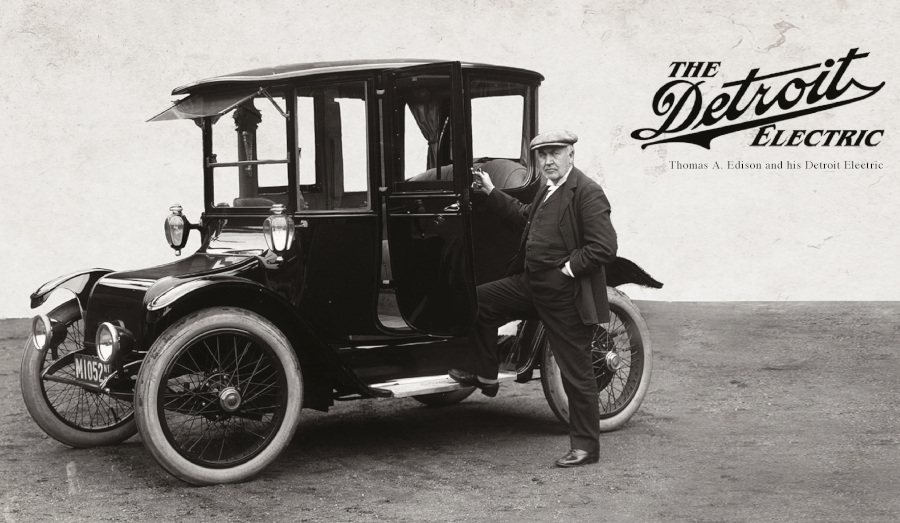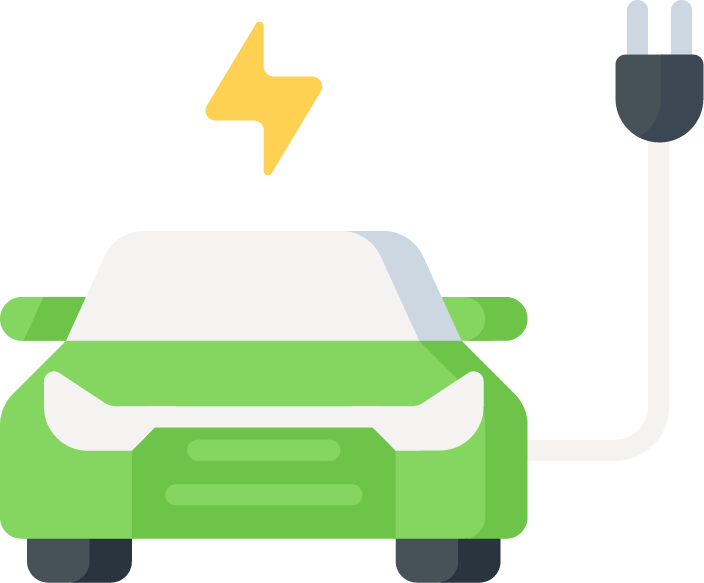Our Mission
We advocate for equitable legislation, programs, and changes that increase accessibility and utilization of electric vehicles (EVs) in Michigan.
Our Vision
The State of the Motor City will lead the shift from gasoline to EVs to reduce the effects of climate change and ensure an equitable future for all.
Highlights - Current Campaigns
OUR 3rd ANNUAL CLEAN CRUISE IS COMING UP!!
WELCOME TO THE 2026 CLEAN CRUISE
The third annual Clean Cruise rolls into Royal Oak on Saturday, August 8, and it’s set to be bigger, bolder, and more electric than ever. Hosted by the Michigan Electric Vehicle Alliance (MEVA), this year’s event builds on past successes while introducing exciting new experiences for attendees.
Mark your calendars for August 8, 2026!
MI Clean Cars 2030
Our primary campaign currently is MI Clean Cars 2030 which is a joint campaign between MEVA and the Ecology Center.
Please check out the details of this campaign!


What’s at stake?
The standard of global transportation is changing.
Internal combustion engine (ICE) vehicles have been a staple of our world for over a century, but the consequences of this industrial age technology are coming into sharp relief in the 21st century. Health concerns, pollution, and global climate change are among the currently tangible side effects of the ICE automobile, and the world is shifting to compensate. With this shift, the home of the Motor City finds itself in on the edge of the spotlight. Will Michigan have the vision to lead the way, leaning on its existing infrastructure, technical expertise, supply chains, and reputation? Or will we cling to the past, and let the automotive capital of the United States lose its century long head start?
MEVA's Upcoming Events
Our Goals
1.
100% of new passenger and light duty vehicle sales in Michigan will be electric by 2030
2.
Increase rapid charging stations across the state by 50% by 2024
3.
MI joins the Multi-State ZEV Program


